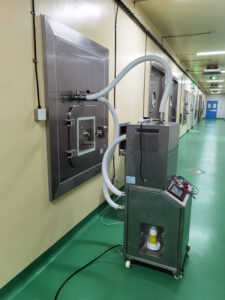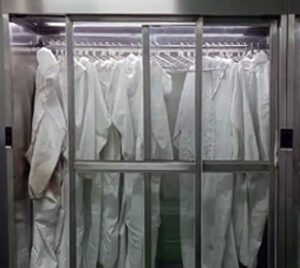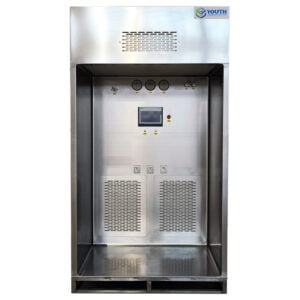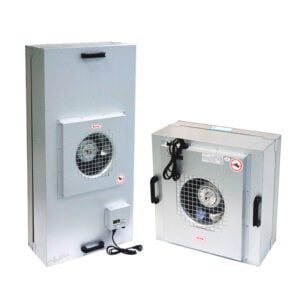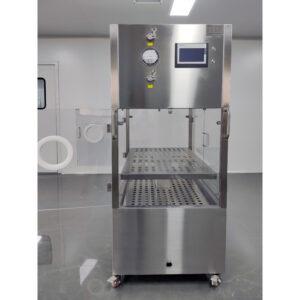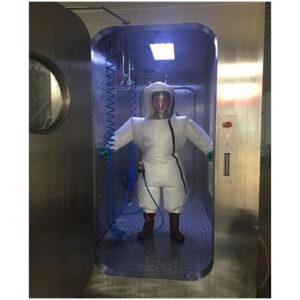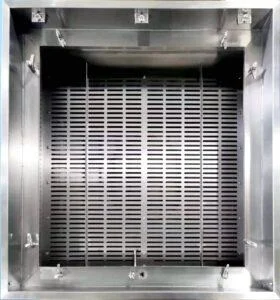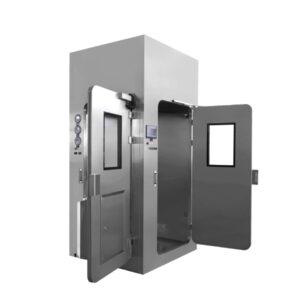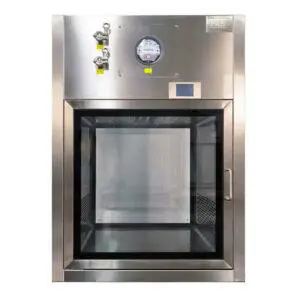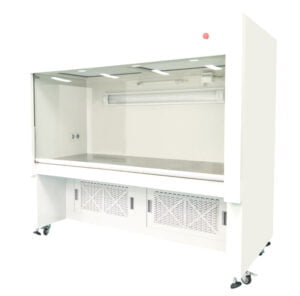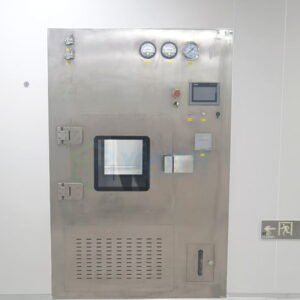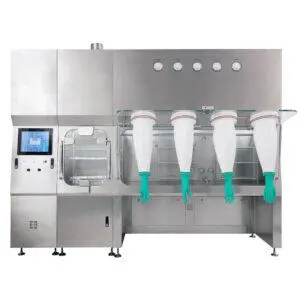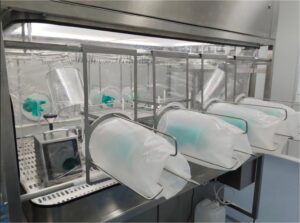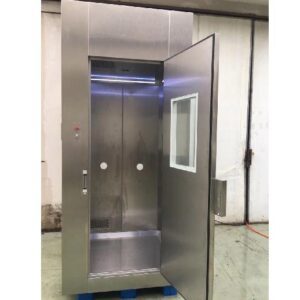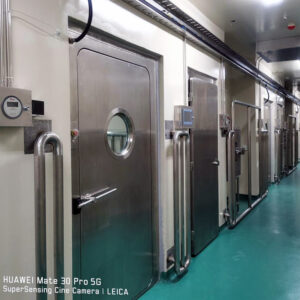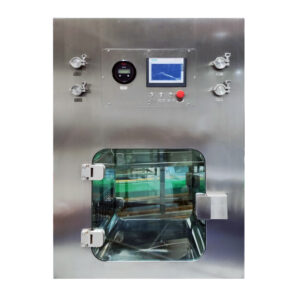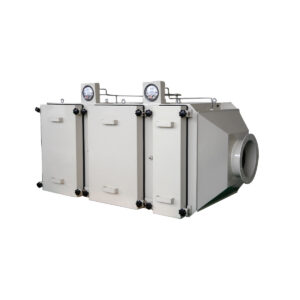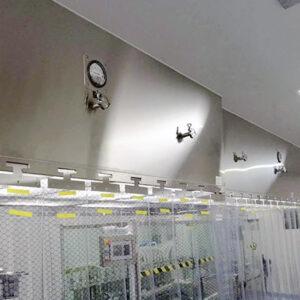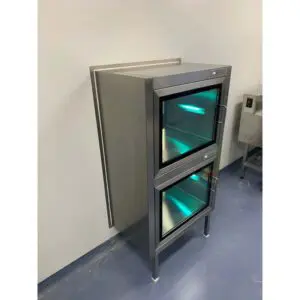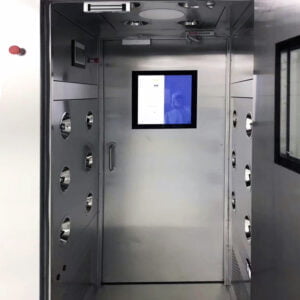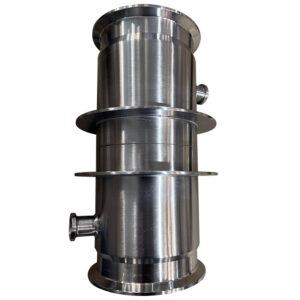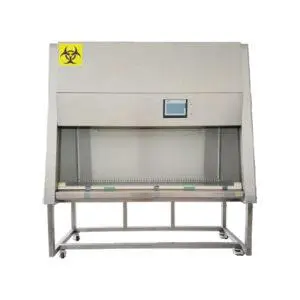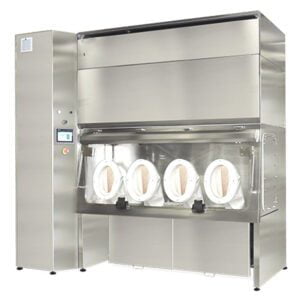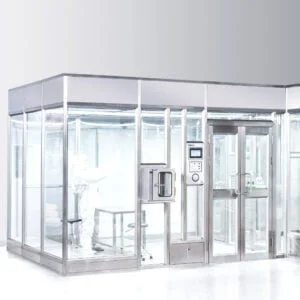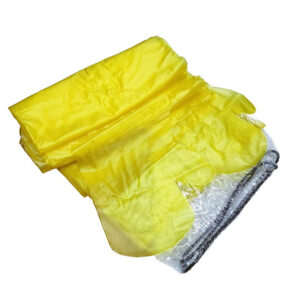In an era where clean air and contamination control are paramount, especially in sensitive environments like pharmaceutical manufacturing, hospitals, and high-tech laboratories, the Bag-In-Bag-Out (BIBO) technology has proven to be a revolutionary solution. This comprehensive guide delves into the intricate workings of “bag in bag out filter housing,” exploring its design, benefits, and impact on various industries.
What is Bag-In-Bag-Out Technology?
BIBO technology is designed for safe and efficient filter replacement in environments where air purity is critical. The main component, the “bag in bag out filter system,” is engineered to prevent workers from exposure to hazardous contaminants during the filter change process. This innovative system seals the filter within a bag, ensuring that any particles are contained and safely removed.
Design and Functionality
The bag in bag out filter housing encompasses a secure enclosure that allows filters to be changed without releasing toxins into the atmosphere. The steps are as follows:
- A new filter is placed inside an impermeable bag and inserted into the housing.
- The housing’s door closes to maintain an airtight seal.
- Upon removing the old filter, it is enveloped within a separate bag for disposal.
- The entire process occurs within a controlled environment, ensuring the safety of both personnel and the surrounding area.
Advantages of BIBO Systems
The advantages of BIBO systems extend beyond safety. Here are several key benefits:
- Enhanced Safety: Minimal potential for operator exposure to toxic substances.
- Improved Efficiency: Fast and straightforward replacement process.
- Environmental Protection: Reduced risk of environmental contamination.
- Compliance: Meets strict industry regulations and standards.
Applications Across Industries
The versatility of bag in bag out filter housing makes it an ideal choice for various applications, including:
- Pharmaceuticals: For sterile processing and containment of potent compounds.
- Healthcare: In pathogen containment rooms to safeguard both patients and staff.
- Biotechnology: Critical in maintaining sterile conditions for research and development.
- Nuclear Power: Essential in handling radioactive materials.
Best Practices for BIBO Implementation
While integrating BIBO technology, consider the following best practices:
- Ensure that your choice of bag in bag out filter housing suits your particular application needs.
- Training for staff is crucial to operate BIBO systems safely.
- Regular maintenance and inspections help prolong the life of the system and maintain operational integrity.
Conclusion: The Way Forward with BIBO Technology
As industries worldwide continue to recognize the significance of stringent contamination control, the adoption of bag in bag out technology grows. This guide underscores the critical role that BIBO systems, particularly the specialized filter housing, play in promoting safer and purer environments. The innovative bag in bag out filter housing remains a cornerstone in the perpetual pursuit of environmental safety and compliance.
Related Contents:
- Bag-In/Bag-Out (BIBO) Systems: Operation and Maintenance Guide
- The Comprehensive Guide to Bag-in-Bag-Out (BIBO) HEPA Filter Replacement
- Understanding YOUTH’s Bag-In-Bag-Out (BIBO) Systems: Ensuring Safety and Clean Air
- The Ultimate Guide to YOUTH’s Bag-In-Bag-Out (BIBO) HEPA Filter Replacement
- Addressing FAQs About Bag-In-Bag-Out Filtration Systems
- The Ultimate Guide to YOUTH’s Bag-In-Bag-Out (BIBO) Systems: Ensuring Safety and Clean Air
- Enhancing Your Facility’s Air Quality with Bag-In-Bag-Out
- Installation, Operation, and Maintenance of Cleanroom Equipment: A Comprehensive Guide
- Innovations in Contamination Control: Bag-In-Bag-Out Systems



